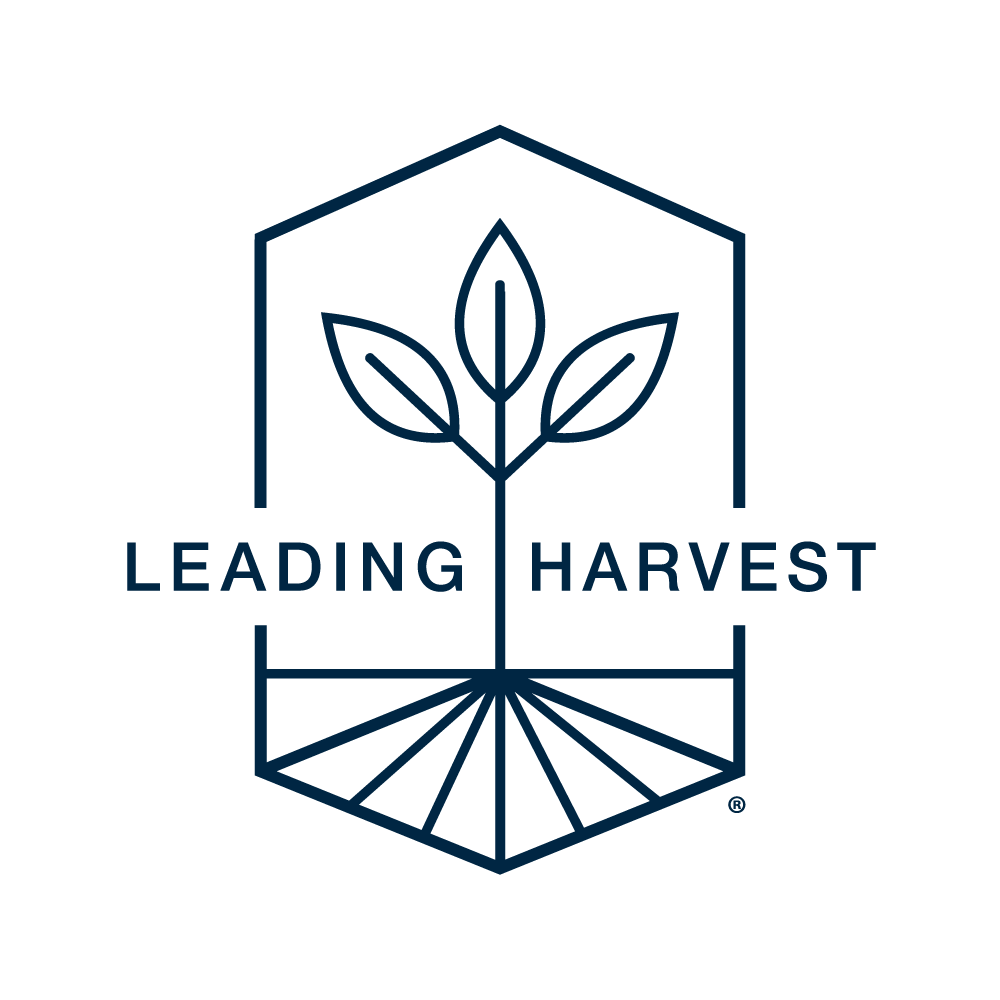Where are you located?
Ellsworth, Wisconsin
How did you become involved in sustainability/agriculture?
If you were to look at my family tree, you would have to get out a magnifying glass to find an occupation other than farming. Before my family moved to our farm my parents ran a farm machinery repair business, but my dad's dream was to be a dairy farmer. When I was 11, we moved and started a dairy farm from scratch. One of my fondest memories is camping in the barn with my family the night that our first calf was born. I think I can say that farming runs in my blood. When you grow up on a farm, you gain a unique understanding of just how connected and dependent we are on the earth and have a unique perspective of what being a steward of the land means.
Laura Robey
You recently graduated from the Impact MBA program with a Carbon Management Certificate from Colorado State University. What made you want to continue your education?
I decided to get an MBA because I wanted to understand how to influence businesses to have a positive impact on the world. I saw the statistics that show how little our individual carbon footprints are in comparison to many of the businesses of the world, and I figured that someone needs to influence those business operations, and it might as well be me.
What do you like to do outside of work?
Anything and everything outside. I love backpacking, gardening, kayaking, paddleboarding and hiking. I recently moved back to the Midwest, so I am very excited to explore some new places.
What is your role at Leading Harvest and what kinds of projects will you work on?
I am the Manager of Partnerships and Programs here at Leading Harvest. I work within our membership to enhance the experience that our members have. I manage projects across the entire value chain to harmonize agricultural sustainability reporting and help to align Stakeholders and help them meet their sustainability goals.
What are you most excited to work on?
I am very excited to work across the value chain with our membership to develop relationships and create synergies within agricultural supply chains. In one of my previous roles, I was lucky to be able to have conversations with producers who consistently said that the reporting burden was becoming too much, so it's great to be a part of an organization that is working to ease that burden.
In your experience working with grower organizations across the supply chain, what is the value of harmonizing sustainability reporting?
There is a lot of value in harmonizing sustainability reporting, especially in agriculture because the current reporting landscape is chaotic and unmanageable. There are an overwhelming number of certifications, and companies aren't able to look through each certification and determine which products they want to use or if they are willing to pay a price premium for those products. By having a crop and geography agnostic standard a company further up the supply chain can be assured that their inputs were grown sustainably regardless of the crop type.
What makes you hopeful about the future of sustainability in agriculture?
I am hopeful about the future of sustainability in agriculture because there is an opportunity to not only be drawing down carbon and providing ecosystem services, but there are also opportunities for increased margins for our producers. Those increased margins will only allow us to continue to further advance sustainable agriculture as there is more and more uptake of regenerative practices. I also think that through the lens of sustainable agriculture we are helping consumers gain a greater understanding of our food system and gain more respect for the farming community.


